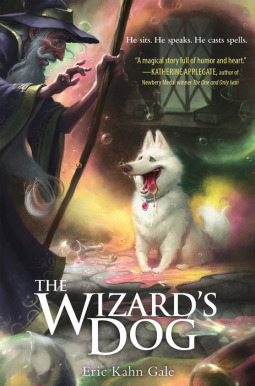 |
| Click to view on Goodreads |
The Complete Book of Zingers is a collection of amusing one-sentence sermons, proverbs, adages, illustrations, dictums, and truisms.
(384 pages)
I think the title is pretty misleading, because the word "zingers" implies that it's a compilation of zippy put-downs. That's why I got it, honestly: I wanted to read a bunch of hilarious insults that I'd never actually use in real life. What this book, though, is actually 5,000 "cute" quotes for pastors to use in their sermons. That might still be fun, if they were really all snappy, but flipping through the book I can see that quite a few of them are not even that catchy.
I haven't read the book cover to cover, of course, since there are literally 5,000+ pithy quotes in it. I did read snippets from a variety of sections, though, so I'm basing my review on that. It's sorted like an encyclopedia, alphabetical by topic (from "Ambition" to "Zeal"). Here are some of the ones I especially liked:
Even the turtle would get nowhere if he didn't stick out his neck.
Failure is one thing that can be achieved without effort.
Ideas are like children–your own are wonderful.A lot of them, though, are a little too "preachy" for my taste–and some are downright moralizing. Then there's a subset of one-liners, especially in the "Marriage" section, which I just find flat-out wrong. A few of those:
A man needs a woman to take care of him so she can make him strong enough for her to lean on.
Marriage is like two people riding a horse–one must ride behind.
The ship of matrimony will move more smoothly if the wife stays away from the sails.Don't get me wrong, the author included quite a few sweet/funny lines about marriage as well, but there were enough of these rather sexist comments to annoy me. I don't plan on letting any future husband of mine lead the way in our family, nor do I plan on letting him be the sole breadwinner; I think every single line in this book relied on at least one of those two assumptions about the way married relationships work.
Anyway, if you're looking for a book of cute, pithy remarks to throw into your conversations, then maybe this could be something to look into. I can't say I highly recommend it, but then again maybe you'll see something in it what I don't.
Disclaimer: I received a copy of this book through the Tyndale Rewards program (click here to check it out, and by using my link to make an account you'll get 25 credits (enough to order a book) just to start and I'll get 10!).






